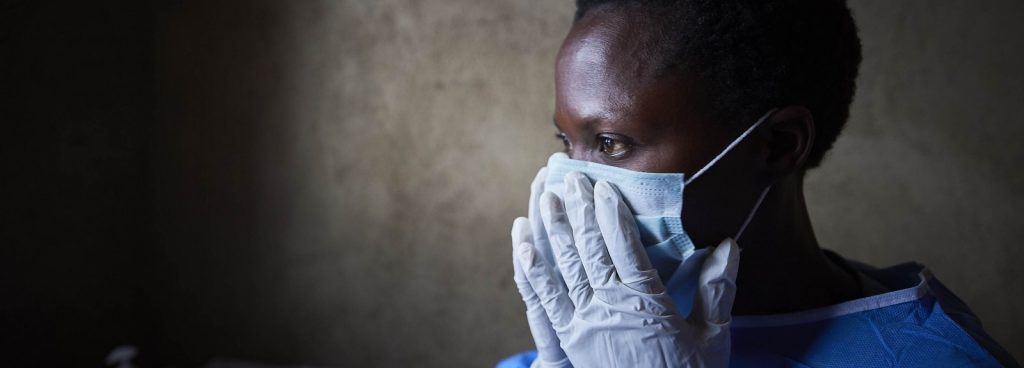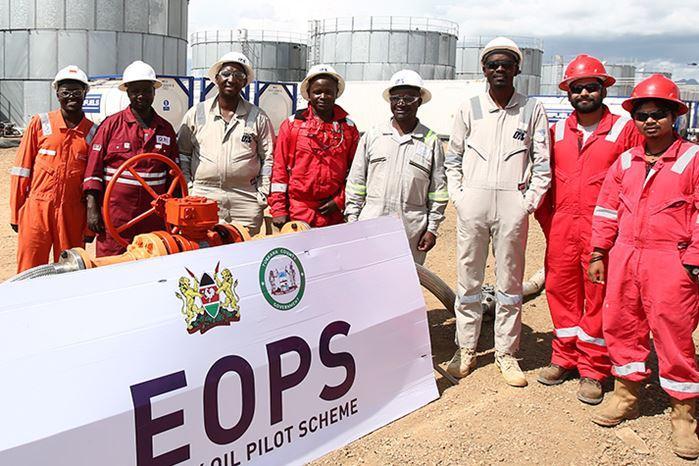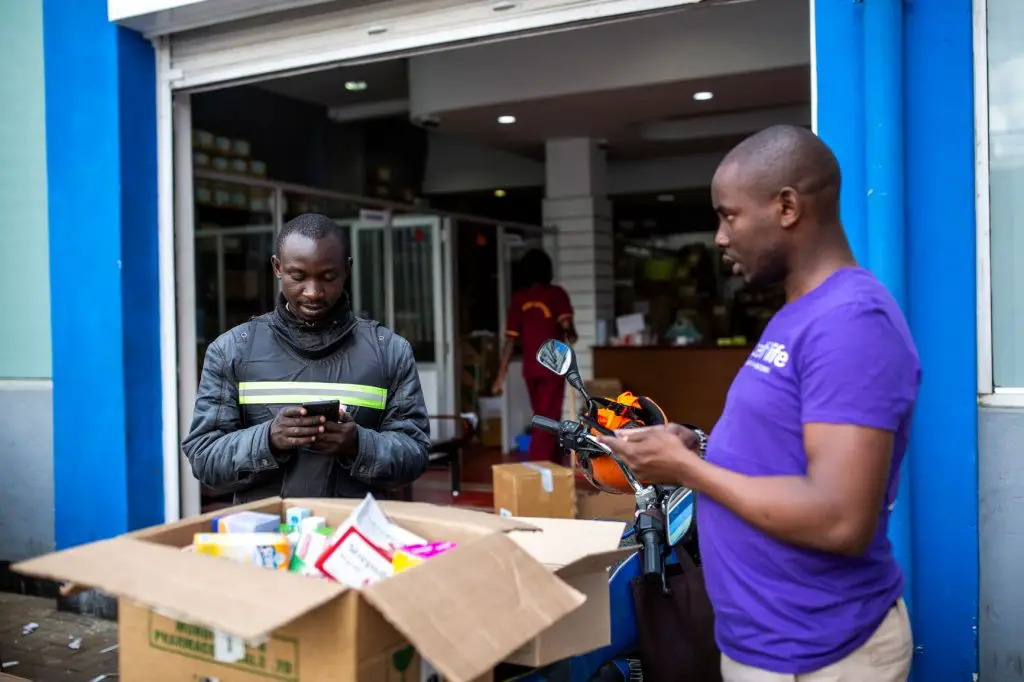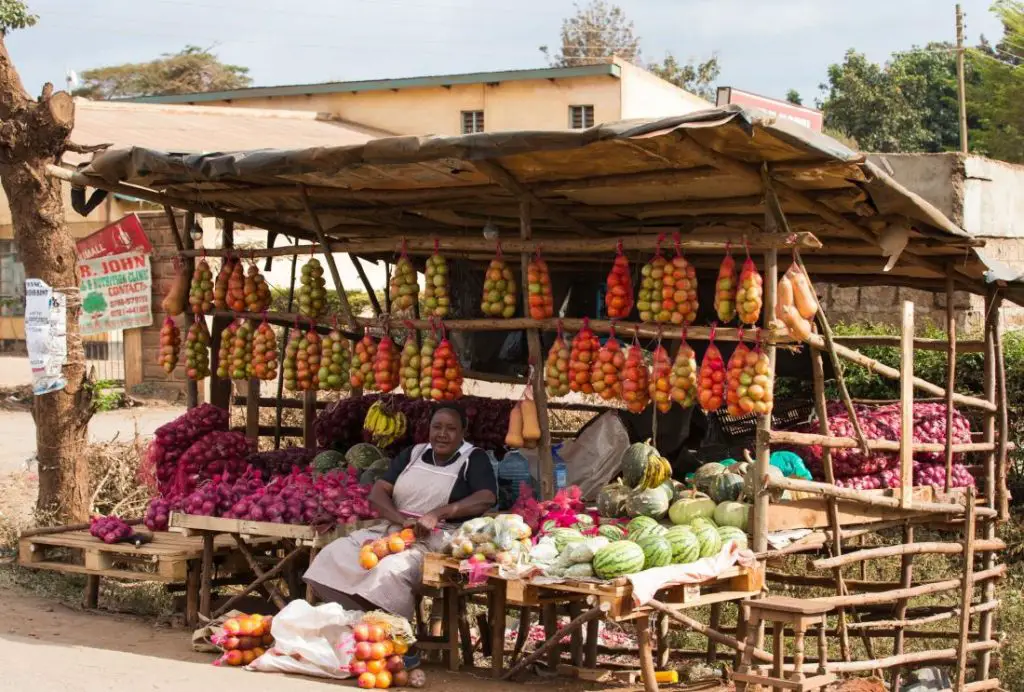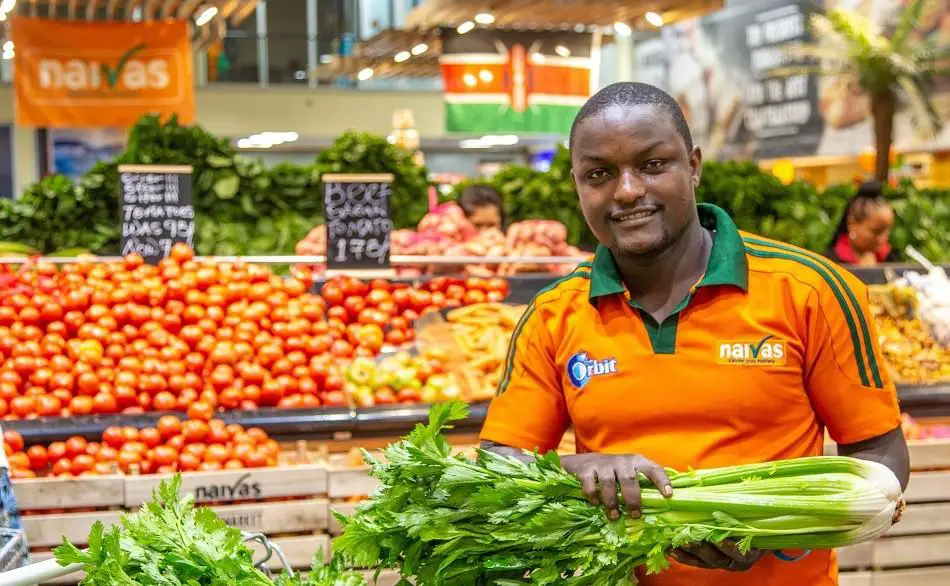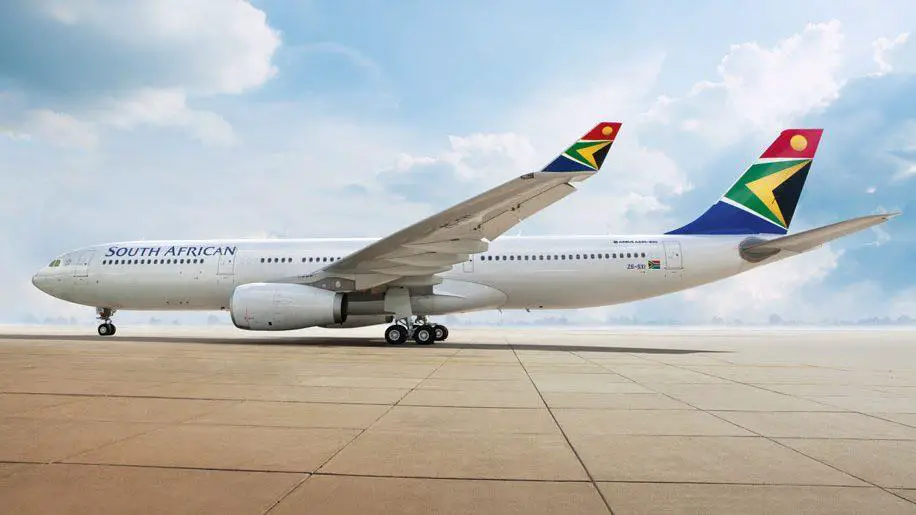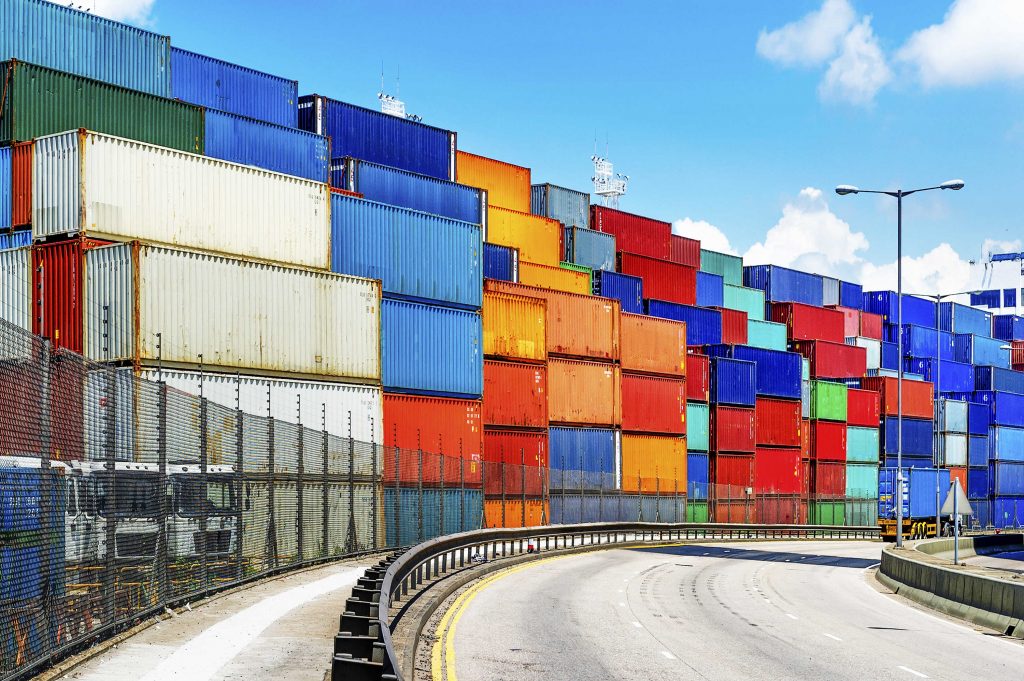- Kenya-Ethiopia Trade Relations: Legislators Advocate for Policy Alignment to Boost Ties
- Visualising the state of debt in Africa 2024
- Abu Dhabi radiates optimism as over 300 startups join AIM Congress 2024
- TLcom Capital Raises $154 million in Funding to Boost Its African Growth
- Africa’s $824Bn debt, resource-backed opaque loans slowing growth — AfDB
- LB Investment brings $1.2 trillion portfolio display to AIM Congress spotlight
- AmCham Summit kicks off, setting course for robust future of US-East Africa trade ties
- Why the UN is raising the red flag on the UK-Rwanda asylum treaty
Browsing: Kenya
When President Uhuru Kenyatta stepped out on his Harambee house offices to announce the measures to curb the spread of Novel Coronavirus, no one knew the effect it would have on the East African citizens. In his announcement, the President gave an allowance of 48 hours for non-Kenyans to arrive and be quarantined after which none will be allowed.
While the rules of engagement for a trade block like East African Community has been to allow the free movement of people, goods, and services, Coronavirus has stepped to challenge this notion, with most countries viciously guarding their borders against foreign entry.
In regional bodies like the European Union, the movement of people and goods across the region is becoming more difficult with border chaos being witnessed in countries traditionally with the easiest border crossing exercises.
In East Africa, crossing the boundary is even harder. After Kenya announced the crossing of …
The East African region has a combined GDP of US$ 880 billion and a population of 437 million.
Despite this attractive combination, the economies of East Africa are still highly fragmented with low intra-regional trade and investment levels. To make matters worse, the trade and investment have been declining.
The region’s biggest economies of Kenya and Ethiopia have an annual bilateral trade worth less than US$ 100 million since they barely trade with each other.
While these two economise paint a rough picture of the trade imbalances in the region, trading within the East African Community (EAC) is higher with exports peaking in 2013 at US$ 3.5 billion. Again, unfortunately, by 2017 the exports volumes had declined with earnings reducing by 31 per cent to just US$ 2.4 billion.
The lack of trade integration poses a serious impediment to the future development of the region despite the fact that the …
Economists define a recession as a subdued growth that lasts at least six months and goes for another 18 months while depression can last up to a decade. The global economy was already heading to a recession even before the outbreak and spread of COVID-19.
What has followed is global market players and governments pumping millions of dollars to contain the spread of the virus that has Wuhan city and its epicenter. The US and Europe have already announced setting up of special kitty to treat, contain and mitigate the effects of the virus both as a disease as well as the economic heat that comes with the disease.
China, the second-largest economy in the world and Italy- Europe’s third-largest economy and 8th globally- have been severely affected by cities like Rome remaining ghost-towns as economic and commercial activities come to a halt. There is a growing fear that the …
For Tullow Oil, the year 2020 has not started particularly well with collapsing hopes, poor oil output and boardroom maneuvers almost pushing the British oil firm into oblivion. In the peak of the storm, the company lost half its value on the stock market after bad fairing in Ghana and Guyana and a delay in the sale of the Ugandan stake. This led to global readjustment with the Kenyan operations announcing job cuts.
This is a situation well explained by Dorothy Thompson, Executive Chair, Tullow Oil plc. “This has been an intense period for Tullow as we have worked hard on a thorough review of the business which has led to clear conclusions and decisive actions. We are focused on delivering reliable production, lowering our cost base and managing our portfolio to reduce our debt and strengthen our balance sheet. Even with recent events in oil markets, Tullow’s assets remain …
Shelf Life is a revolutionary pharmaceutical inventory management subscription service launched in Abuja in 2017 and has expanded to Kenya. Within that time, through their business model of supplying pharmaceutical products to community-based outlets, it has received widespread acceptance.
The service, provided by social enterprise Field Intelligence, is active in 50 retail locations in Kenya, with over 500 life-saving medicines and essential products being supplied on a pay-as-you-sell basis. In Kenya, there are about 5,840 privately-owned community pharmacies licensed by the Pharmacy and Poisons Board, compared to approximately 4,700 government health facilities.
With the concept gaining popularity, Field Intelligence has been seeking to raise funds to expand to more shops both in Kenya and Nigeria. To this front, the company has announced the successful closing of its Series A funding of US$3.6 million equity.
The US$3.6 million equity raise will fund the scale-up of Shelf Life, the technology-enabled supply chain …
Anastacia Mukami sells fruits and vegetables at the Kiambu town market, a few kilometers north of Nairobi, Kenya’s capital. Within a month, the price of cloves of garlic has almost doubled, currently selling at 35 shillings up from 15 shillings. This, she says has led to a reduction in the number of cloves she sells in a day as the supply from China becomes more scarce.
Just like the rest of the world, Kenya is reliant on garlic shipped from China, and with the Asian giant facing near lockdown, the supply to traders like Mukami is dwindling and the economic effects of goods from China is starting to be felt across the African continent. The Directorate of Horticulture says that Kenya imports over 50 percent of garlic from China, and some more from Tanzania.
It is not just garlic sellers that are facing a bleak and uncertain future. The eastern …
The Kenyan retail market has not been very kind for foreign investors. Botswana’s Choppies Supermarket came with a promise of adding a sparkle to an industry that was adapting to the advent of online shopping in Kenya.
At that time, Nakumatt Supermarket- the most profitable and successful store in East Africa was in deathbed and the sector was looking for the new supremo. It did not go so well for the South African retailer and it has been riddled with debts and poor sales.
Another South African outfit, Game has struggled to make an impact with just a few stores. The only foreign store that has a greater impact in the Kenyan market is Carrefour which has grown from a single store to taking over space formerly occupied by Nakumatt.
The remaining local supermarket chains have had to come up with innovative ways to stay afloat in a sector that …
The deadly coronavirus (COVID-19) which has now spread over 60, with 93,000 cases and more than 3,000 deaths in China, is projected to hurt the African airline landscape, taking away $40 million in revenue.
At the moment, Africa has witnessed confirmed cases in Senegal, Nigeria, Egypt, Algeria, Morocco and Tunisia.
The outbreak has made big-industrial players such as British Airlines, United Airlines, Cathay Pacific to trim their routes to various destination, including northern Italy, South East Asia, to evade further trouble with the virus.
On that line, African airlines have taken their own path to curb the scenario, as Tanzania’s emerging airline halted its scheduled flights to China, Kenya’s court order made Kenya Airways postpone flights to China, and Rwanda did the same.
However, Ethiopia faced criticism for not realizing the flights’ cancellation to China, like its fellow players.
According to the International Air Transport Association (IATA), the global aviation …
East African nations Kenya, Ethiopia, Rwanda, Uganda and Tanzania have been on a green energy harnessing mission creating thousands of megawatts they may not consume by the year 2022.
These countries could find themselves in a conundrum where they have too much electricity which people cannot use. This possible scenario could be created by the likelihood of not enough people being able to purchase this power or the inability to use it due to different reasons.
The biggest challenge for this power being a burden to these governments could be because most of them lack the infrastructure to transmit this power to those who need it. In addition, countries that have been purchasing power from their neighbours are also moving to produce their own meaning they will be struck by a surplus they cannot utilise and in return suffer massive costs of having idle power.
Power capacity surplus
With the …
The first quarter of 2020 has had mixed results for the economies of East Africa. The weather, a key determinant of inflation rates, has been good. Forex rates have remained stable in the region as a balance between dollar demands and diaspora remittance has been easily reached. Eastern Africa is one of the regions in Africa with the highest growth rate and this has remained so in the first two months of the year, with Ethiopia and Rwanda still in the driver’s seat. In terms of foreign direct investments, Kenya and Ethiopia are still the leading pack, with Kenya receiving investments in ICT and manufacturing while Tanzania is receiving investments in mining. Rwanda is a leading conference destination and Uganda is receiving investments in renewable energy as well as in oil and gas.
Kenya and Rwanda are still leading in developing policies that promote trade and investments, while Ethiopia is …







